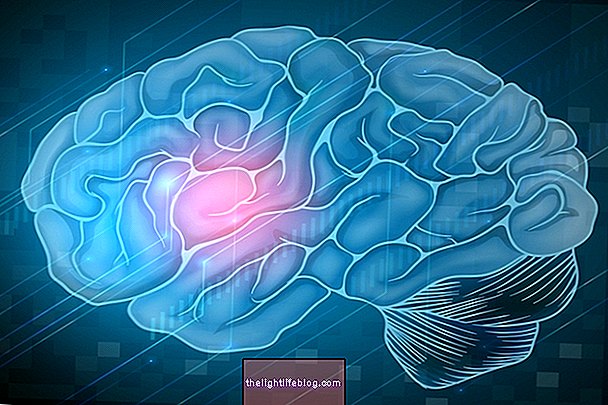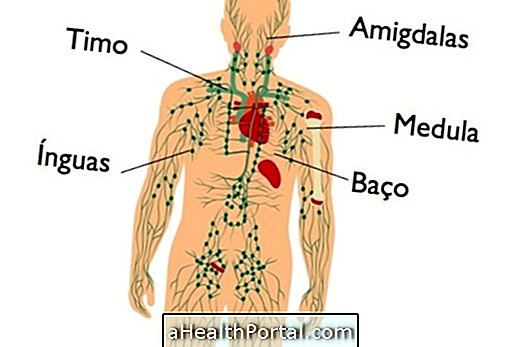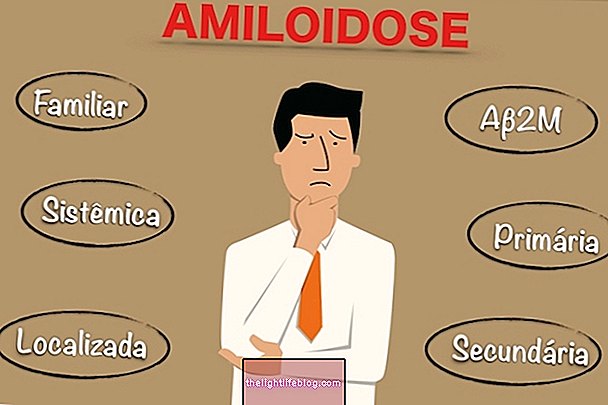Mild mental retardation or mild intellectual disability is characterized by discrete limitations related to learning and communication skills, for example, that are slow to develop. This degree of intellectual disability can be identified by means of an intelligence test, whose intellectual quotient (IQ) is between 52 and 68.
This type of intellectual deficiency is more frequent in males and is usually perceived as early in childhood from the observation of behavior and learning difficulty and interaction or presence of impulsive behavior, for example. The diagnosis can be made by a psychologist or psychiatrist not only by performing intelligence tests, but also by assessing the child's behavior and thinking during consultations and reports by parents or guardians.
Despite limited intellectual ability, children with mild mental retardation can benefit from education and psychotherapy, as their abilities are stimulated.
Main features
People with mild intellectual disabilities do not present obvious physical changes, but they may present some characteristics, and sometimes supervision of special educational institutions to stimulate skills is necessary, such as:
- Lack of maturity;
- Little capacity for social interaction;
- Very specific line of thought;
- They present difficulties of adaptation;
- Lack of prevention and excessive credulity;
- They have the capacity to commit impulsive crimes;
- Commitment to judgment.
In addition, people with mild mental retardation may have epileptic episodes and therefore must be accompanied by a psychologist or psychiatrist. The characteristics of mild mental retardation are variable among people, and there may be variation related to the degree of impairment of behavior.





















